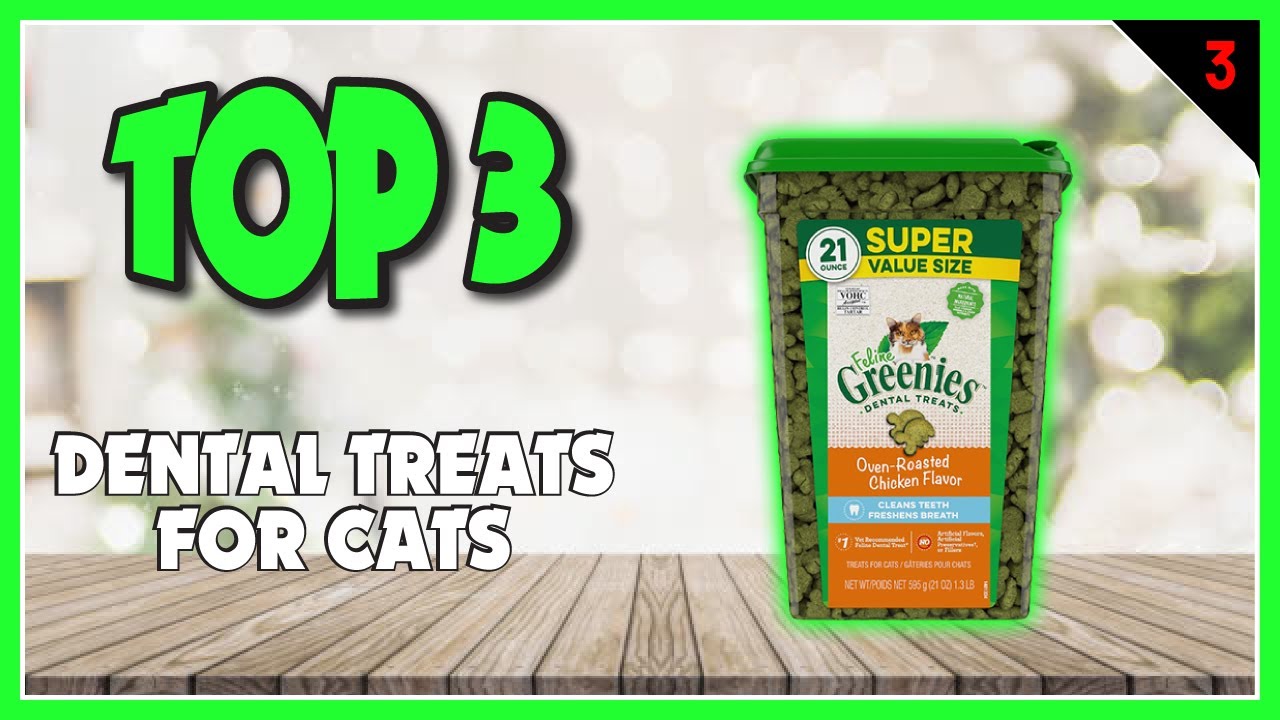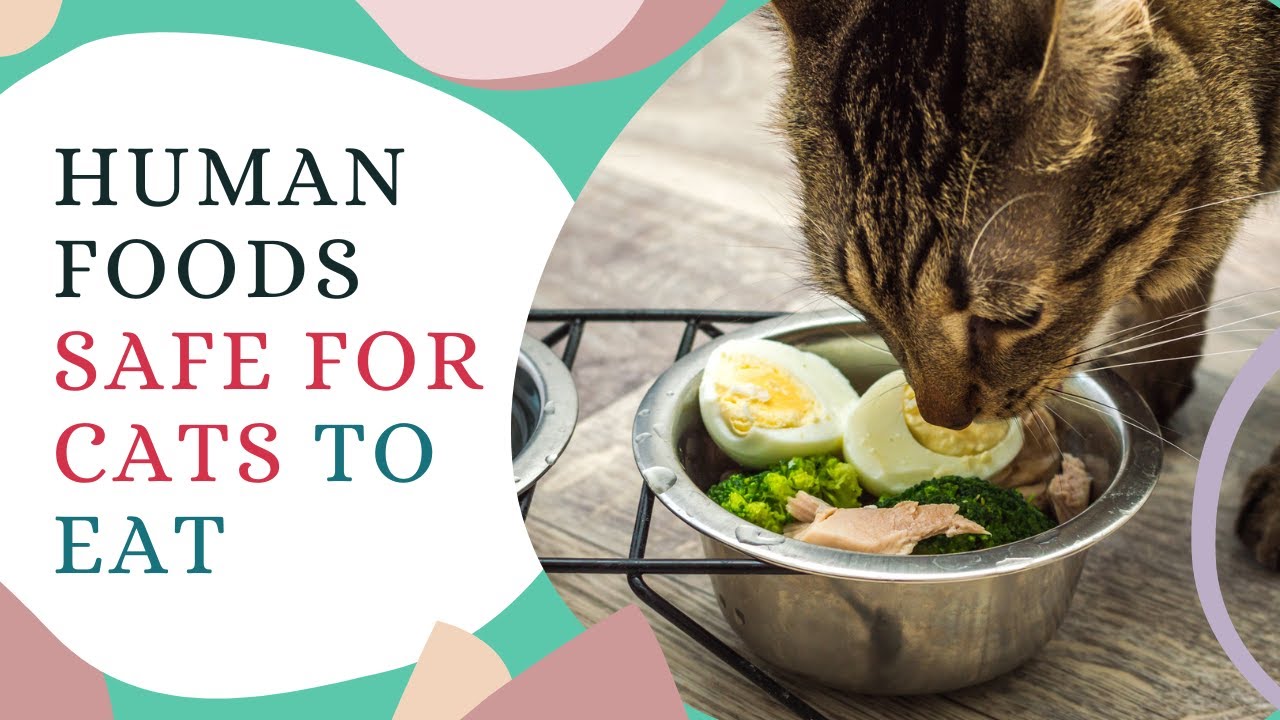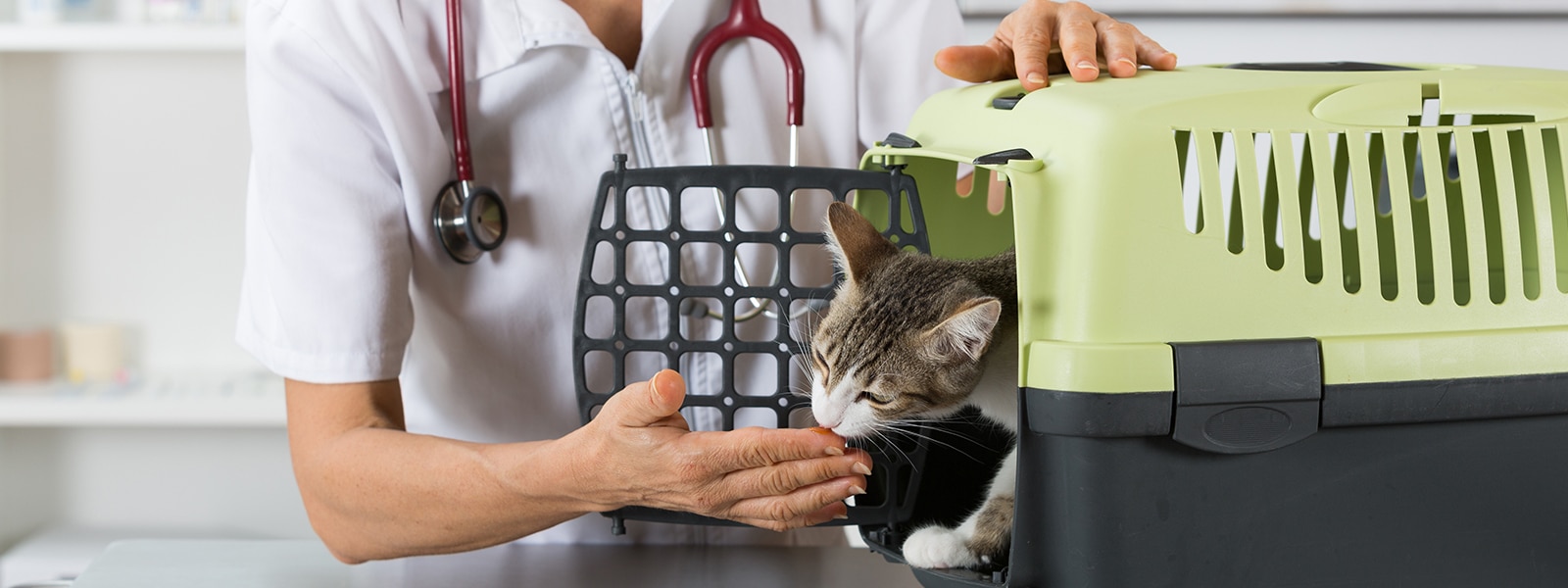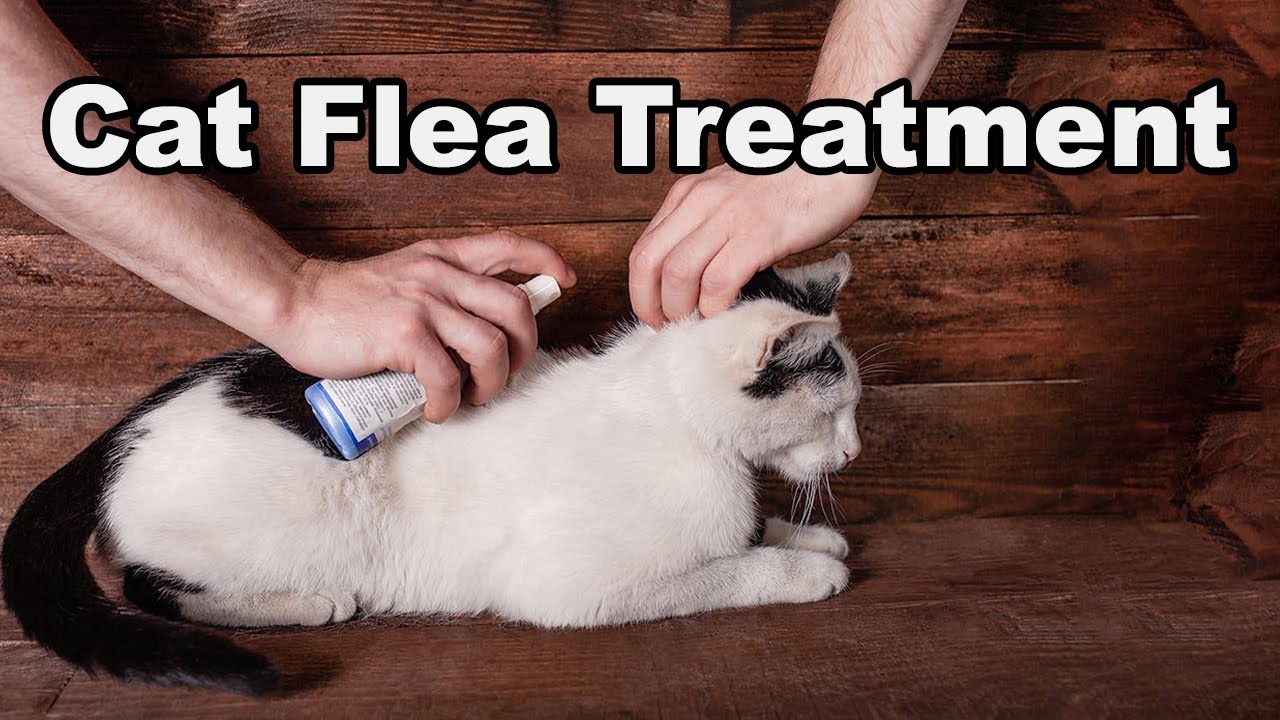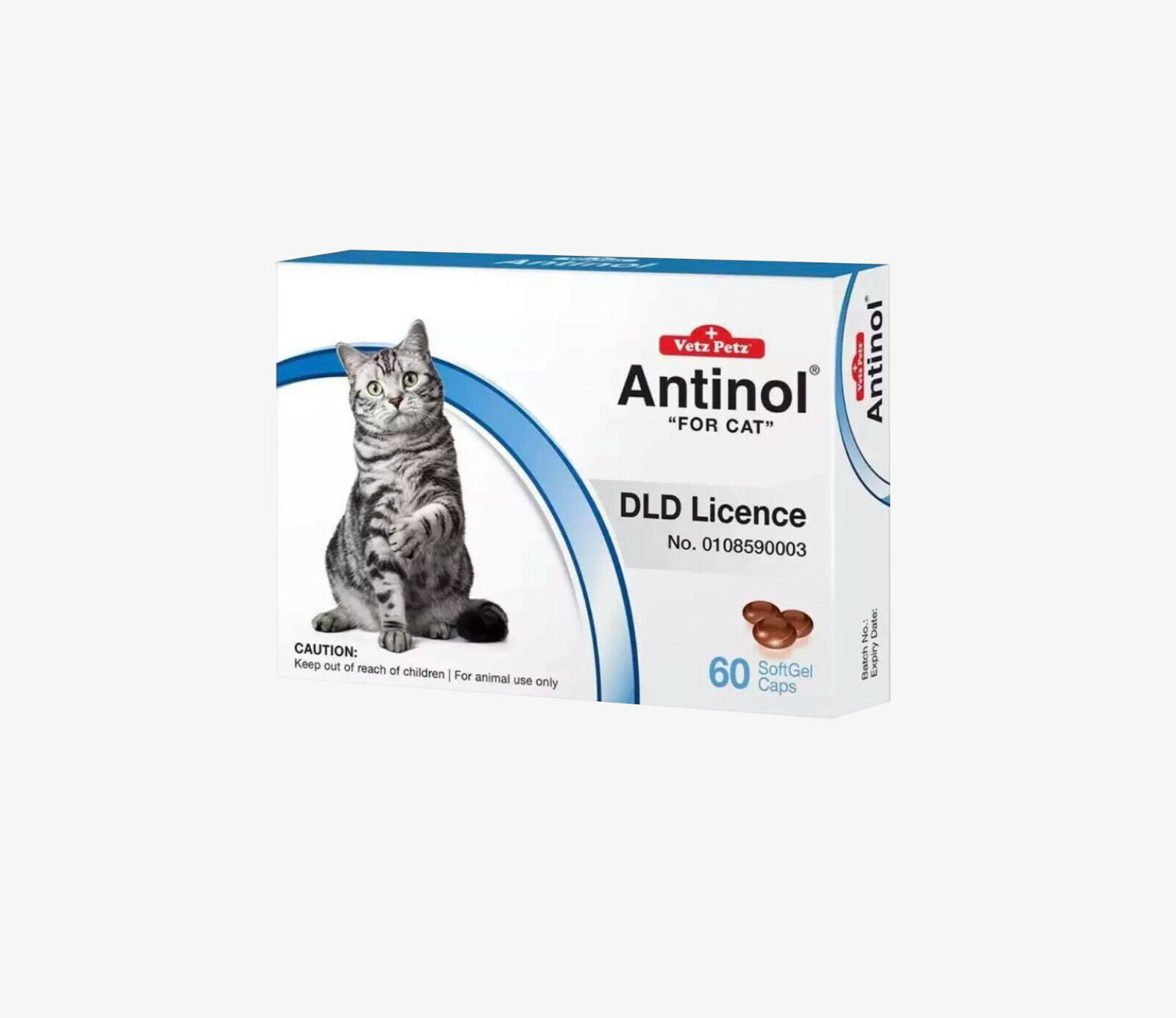As a devoted cat owner, watching your feline friend struggle with being underweight can be heartbreaking. Whether due to illness, stress, or a naturally high metabolism, a cat that’s too thin may lack energy, have a dull coat, or face health risks. In 2025, vitamins and nutritional supplements have become a popular, natural way to support healthy weight gain in cats, providing essential nutrients to boost appetite, improve digestion, and build muscle mass. When used correctly, these supplements can help your cat regain vitality and thrive.
Navigating the world of vitamins for weight gain can feel overwhelming, with challenges like choosing safe products, ensuring proper dosages, and addressing underlying health issues. This guide is your definitive resource for selecting the best vitamins to help your cat gain weight safely and effectively. we’ll guide you through the process with clarity and compassion, addressing common pitfalls and sharing strategies for success. Let’s dive in and help your cat achieve a healthy, vibrant life!
Why Cats May Need Vitamins for Weight Gain
Underweight cats (often below their ideal body condition score of 4–5/9) may struggle to maintain or gain weight due to:
-
Medical Conditions: Hyperthyroidism, diabetes, kidney disease, or parasites can cause weight loss.
-
Poor Appetite: Stress, dental issues, or picky eating reduce food intake.
-
Malabsorption: Digestive disorders like inflammatory bowel disease (IBD) impair nutrient absorption.
-
High Metabolism: Active or young cats may burn calories faster than they consume.
-
Recovery: Cats recovering from surgery or illness need extra nutrients to rebuild strength.
Vitamins, particularly those supporting metabolism, appetite, and muscle growth, can address these issues when paired with a high-calorie diet and veterinary care.
Personal Insight: My cat, Luna, lost weight during a bout of stress-induced anorexia. With vet-approved vitamins and a tailored diet, she regained her healthy weight, teaching me the value of targeted nutrition.
Benefits of Vitamins for Weight Gain
Vitamins and related supplements can support weight gain by:
-
Stimulating Appetite: B vitamins, especially B12, boost hunger signals.
-
Enhancing Digestion: Probiotics and digestive enzymes improve nutrient absorption.
-
Supporting Muscle Growth: Amino acids and protein-building vitamins like D promote lean mass.
-
Boosting Energy: Iron and B-complex vitamins combat lethargy, encouraging activity.
-
Strengthening Immunity: Vitamins A, C, and E support recovery in underweight cats.
Expert Tip: Always consult a veterinarian before starting vitamins to rule out underlying conditions and ensure the supplements align with your cat’s needs.
Step-by-Step Guide to Choosing the Best Vitamins for Cats to Gain Weight
Selecting the right vitamins requires careful consideration. Here’s how to help your cat gain weight safely in 2025:
Step 1: Assess Your Cat’s Health
Evaluate your cat’s condition and needs:
-
Body Condition Score (BCS): Use a 9-point scale (1 = emaciated, 9 = obese) to confirm underweight status (BCS 1–3).
-
Symptoms: Note lethargy, poor appetite, or digestive issues (e.g., diarrhea, vomiting).
-
Medical History: Identify conditions like hyperthyroidism or parasites requiring treatment.
-
Diet: Check if current food is high-calorie and nutrient-dense.
Real Example: Emeka, a cat owner in Lagos, noticed his cat, Bella, was underweight (BCS 2) with a poor appetite. A vet diagnosed dental issues, and after treatment, B12 vitamins helped Bella regain weight.
Step 2: Consult Your Veterinarian
Before starting vitamins:
-
Schedule a full exam, including bloodwork, to identify causes of weight loss (e.g., thyroid or kidney issues).
-
Discuss your cat’s diet and calorie needs (typically 20–25 kcal/lb body weight daily for weight gain).
-
Confirm safe vitamin types and dosages to avoid toxicity (e.g., excess vitamin A can harm cats).
Table 1: Veterinary Checklist for Weight Gain
|
Step |
Description |
Benefit |
|---|---|---|
|
Full Exam |
Physical and bloodwork |
Diagnoses health issues |
|
Diet Review |
Assess calorie/protein intake |
Ensures nutritional base |
|
Vitamin Approval |
Vet confirms safe supplements |
Prevents toxicity |
Table Explanation: This table outlines steps to take with a veterinarian, describing each action and its benefit. “Bloodwork” refers to diagnostic tests, and “supplements” include vitamins.
Step 3: Choose Targeted Vitamins
Focus on vitamins and nutrients that support weight gain:
-
B-Complex Vitamins: B1 (thiamine), B6, and B12 stimulate appetite and energy metabolism.
-
Vitamin D: Supports muscle growth and calcium absorption for bone health.
-
Omega-3 Fatty Acids: High-calorie fats from fish oil promote weight gain and coat health.
-
Probiotics: Improve gut health for better nutrient absorption.
-
Amino Acids: Taurine and lysine aid muscle development and recovery.
Expert Advice: Cats cannot synthesize taurine, an essential amino acid. Ensure supplements or diets include it to prevent deficiencies affecting heart and vision.
Step 4: Verify Quality and Certifications
Ensure vitamins are safe and effective:
-
NASC Seal: National Animal Supplement Council certification ensures quality control.
-
USP Verified: Confirms purity and accurate dosing.
-
Organic Ingredients: Prefer natural sources (e.g., organic fish oil) to avoid synthetic additives.
Step 5: Select the Right Form
Choose a form your cat will accept:
-
Liquids: Easy to mix with food (e.g., Vetoquinol Nutri-Cal).
-
Powders: Blend into wet food (e.g., Wholistic Pet Organics Feline Complete™).
-
Chews: Tasty for picky eaters (e.g., NaturVet VitaPet).
-
Gels: High-calorie options for quick dosing (e.g., Tomlyn Nutri-Cal).
Table 2: Vitamin Forms for Cats
|
Form |
Example Product |
Benefit |
|---|---|---|
|
Liquid |
Nordic Naturals Omega-3 Cat |
Easy to mix, precise dosing |
|
Powder |
Wholistic Feline Complete™ |
Versatile, nutrient-rich |
|
Chew |
NaturVet VitaPet |
Tasty, convenient |
Table Explanation: This table lists vitamin forms, example products, and their benefits. “Mix” refers to blending with food, and “nutrient-rich” indicates broad nutritional support.
Step 6: Pair with a High-Calorie Diet
Vitamins work best with a nutrient-dense diet:
-
Wet Food: High moisture (78%) and protein (e.g., Tiki Cat After Dark, 12% protein).
-
High-Calorie Kibble: Formulas like Royal Canin Recovery (500 kcal/cup).
-
Homemade: Vet-approved recipes with cooked chicken, rice, and fish oil.
-
Feed small, frequent meals (4–6 daily) to encourage eating.
Step 7: Start with Small Doses
Introduce vitamins gradually:
-
Begin with half the recommended dose to monitor for reactions (e.g., diarrhea, vomiting).
-
Mix with wet food or use palatable gels for acceptance.
-
Stop if adverse effects occur and consult your vet.
Personal Insight: When giving Luna B12 supplements, starting with a small dose mixed into her favorite wet food prevented stomach upset, ensuring she tolerated it well.
Step 8: Monitor Weight Gain
Track progress over 4–8 weeks:
-
Weekly Weigh-Ins: Use a digital pet scale (aim for 0.5–1% body weight gain weekly, e.g., 0.05–0.1 lb for a 10 lb cat).
-
Appetite: Note increased food intake or enthusiasm.
-
Energy/Coat: Look for improved vitality and glossier fur.
-
BCS: Reassess to reach a healthy 4–5/9.
Table 3: Signs of Successful Weight Gain
|
Indicator |
Improvement Signs |
Timeframe |
|---|---|---|
|
Weight |
0.5–1% body weight weekly |
4–8 wks |
|
Appetite |
Increased food intake |
1–2 wks |
|
Energy/Coat |
More active, glossier fur |
2–4 wks |
Table Explanation: This table outlines indicators of successful weight gain, listing observable signs and expected timeframes. “Wks” stands for weeks, and “body weight” refers to weekly gains.
Step 9: Maintain a Long-Term Plan
Sustain healthy weight with:
-
Consistent Dosing: Follow vet-recommended schedules (e.g., daily B12 or weekly omega-3s).
-
Balanced Diet: Continue high-calorie, protein-rich food (30–40% protein on dry matter basis).
-
Regular Vet Check-Ups: Monitor for underlying conditions every 6–12 months.
-
Stress Reduction: Minimize environmental stressors (e.g., loud noises, new pets).
 A cat enjoys nutrient-dense food paired with vitamins for weight gain.
A cat enjoys nutrient-dense food paired with vitamins for weight gain.
Top Vitamins for Cats to Gain Weight in 2025
Based on quality, certifications, and effectiveness, here are the best vitamins for weight gain:
-
Vetoquinol Nutri-Cal High-Calorie Gel
-
Type: Gel
-
Benefits: High-calorie (150 kcal/oz), rich in B vitamins and omega-3s, stimulates appetite.
-
Pros: Vet-recommended, easy to administer, NASC-certified.
-
Cons: Not a complete multivitamin.
-
Price: ~$12 for 4.25 oz.
-
-
Wholistic Pet Organics Feline Complete™
-
Type: Powder
-
Benefits: Organic multivitamin with B-complex, taurine, and probiotics for digestion and weight gain.
-
Pros: Human-grade, no fillers, supports overall health.
-
Cons: Requires mixing with food.
-
Price: ~$25 for 4 oz.
-
-
Nordic Naturals Omega-3 Pet for Cats
-
Type: Liquid
-
Benefits: High-calorie fish oil (DHA/EPA), supports coat and weight gain.
-
Pros: Third-party tested, organic anchovy/sardine oil, precise dosing.
-
Cons: Fishy smell may deter some cats.
-
Price: ~$15 for 2 oz.
-
-
NaturVet VitaPet Adult Daily Vitamins
-
Type: Chew
-
Benefits: B-complex, vitamin D, and amino acids for appetite and muscle growth.
-
Pros: Palatable, affordable, NASC-certified.
-
Cons: Chew form less ideal for finicky cats.
-
Price: ~$10 for 60 chews.
-
-
PetHonesty Multivitamin 10-in-1
-
Type: Chew
-
Benefits: B12, probiotics, and lysine for digestion, immunity, and weight gain.
-
Pros: Broad-spectrum, tasty chicken flavor, vet-formulated.
-
Cons: Higher cost per dose.
-
Price: ~$25 for 90 chews.
-

A cat regains vitality with the help of weight-gain vitamins.
Overcoming Common Challenges
Cat owners may face hurdles when using vitamins for weight gain, but solutions exist:
-
Challenge: Picky Eaters
-
Solution: Use gels or liquids mixed with high-aroma wet food (e.g., tuna-flavored).
-
-
Challenge: Underlying Health Issues
-
Solution: Treat conditions like parasites or dental problems before relying on vitamins.
-
-
Challenge: Over-Supplementation
-
Solution: Stick to vet-recommended doses and avoid combining multiple multivitamins.
-
Real Example: Ayo, a cat owner in Port Harcourt, struggled to get her underweight cat, Max, to accept vitamins. Mixing Nutri-Cal gel with wet food encouraged Max to eat, leading to a 0.5 lb gain in a month.
Expert Tips for Using Vitamins
-
Address Root Causes: Treat medical conditions causing weight loss before starting vitamins.
-
Combine with Diet: Pair vitamins with high-calorie foods (e.g., 100 kcal/5.5 oz can) for best results.
-
Monitor Closely: Weigh your cat weekly and adjust doses with vet guidance.
-
Choose Palatable Forms: Opt for gels or chews for cats that refuse powders.
-
Store Properly: Keep vitamins in cool, dry places to maintain potency.
Success Stories from Cat Owners
-
Tunde, Lagos: Tunde’s cat, Simba, was underweight after surgery. Nutri-Cal gel and a high-calorie diet helped Simba gain 1 lb in six weeks.
-
Ada, Abuja: Ada’s picky eater, Milo, thrived on Nordic Naturals Omega-3, showing a glossier coat and 0.7 lb gain in two months.

A cat flourishes with a healthy weight, thanks to vitamins and care.
Financial Considerations
Vitamins for weight gain vary in cost but are an investment in health:
-
Gels: $10–$15 for 4–5 oz (1–2 months’ supply).
-
Liquids: $12–$20 for 2–4 oz.
-
Powders/Chews: $10–$25 for 60–90 servings.
-
Subscriptions: Save 10–20% with Chewy or Amazon Autoship.
Expert Tip: Combine vitamins with affordable high-calorie wet food (e.g., Purina Pro Plan Veterinary Diets CN, ~$2/can) to manage costs.
Frequently Asked Questions (FAQs)
-
Do all underweight cats need vitamins?
Not always; address medical causes first. Vitamins help when diet alone isn’t enough. -
Which vitamin is best for weight gain?
B12 and B-complex vitamins stimulate appetite, while omega-3s add calories. -
How long does it take for a cat to gain weight?
4–8 weeks with consistent vitamins and diet, aiming for 0.5–1% body weight weekly. -
Can human vitamins be given to cats?
No, human dosages (e.g., vitamin D) can be toxic. Use cat-specific products. -
Are organic vitamins better for weight gain?
Organic options avoid synthetic additives but aren’t inherently more effective. -
Can vitamins cause side effects?
Overdosing may cause diarrhea or lethargy; follow vet-recommended doses. -
How do I know if my cat is underweight?
Check for a BCS of 1–3 (visible ribs, no waist) or consult a vet. -
Can kittens use weight-gain vitamins?
Yes, with vet approval, using kitten-specific formulas with B12 or DHA. -
Where can I buy cat vitamins?
Trusted retailers like Chewy, Amazon, Petco, or vet clinics. -
What if my cat won’t take vitamins?
Try palatable gels or mix liquids with wet food; consult a vet for alternatives.
Conclusion:
Choosing the best vitamins for your cat to gain weight in 2025 is a powerful way to restore their health and vitality. By selecting vet-approved, high-quality products and pairing them with a nutrient-dense diet, you can support your cat’s appetite, digestion, and muscle growth. With careful planning, veterinary guidance, and consistent care, you’ll help your feline friend achieve a healthy weight and a happier life.
Start by consulting your vet to assess your cat’s needs and explore vitamins like Nutri-Cal or Nordic Naturals. Your cat’s journey to a healthy weight begins now!

